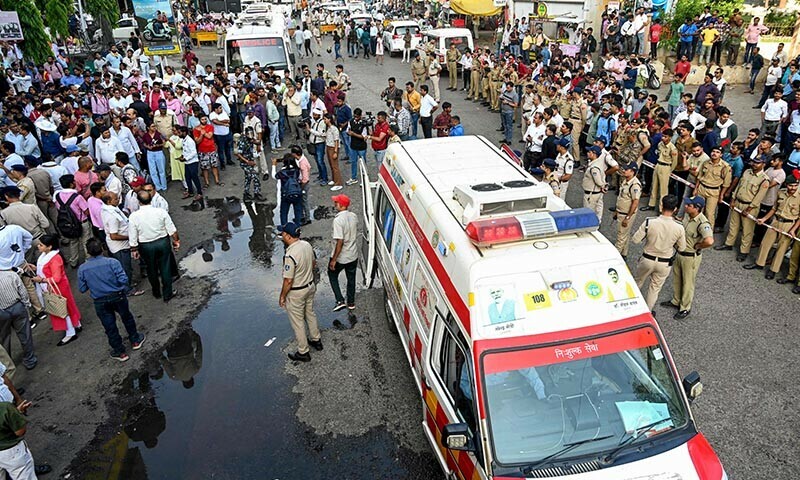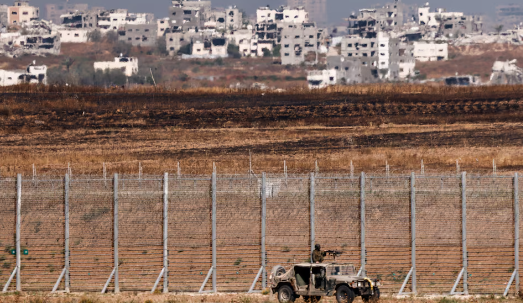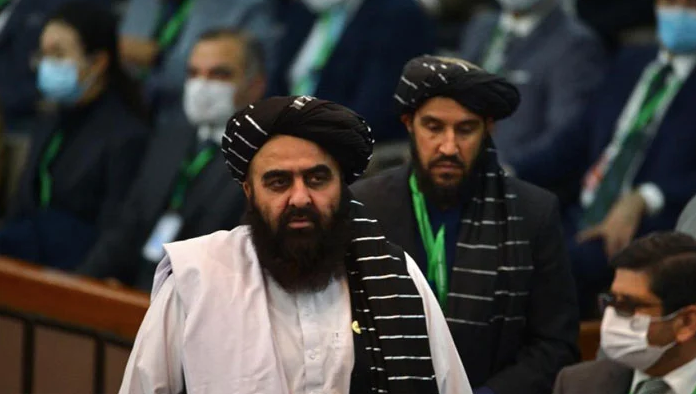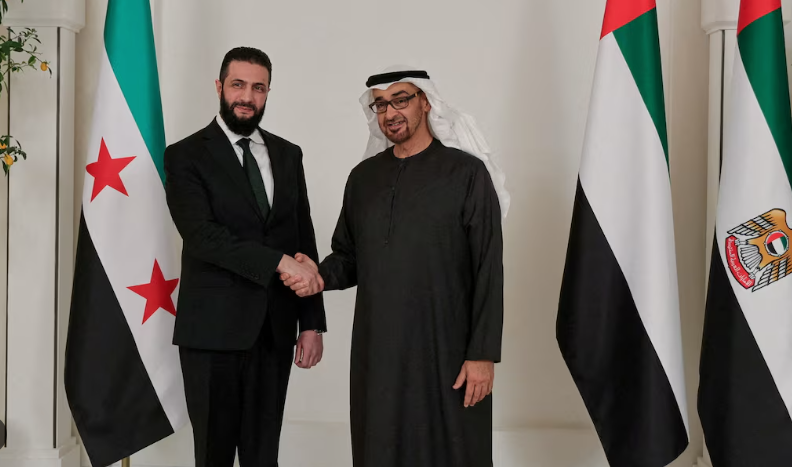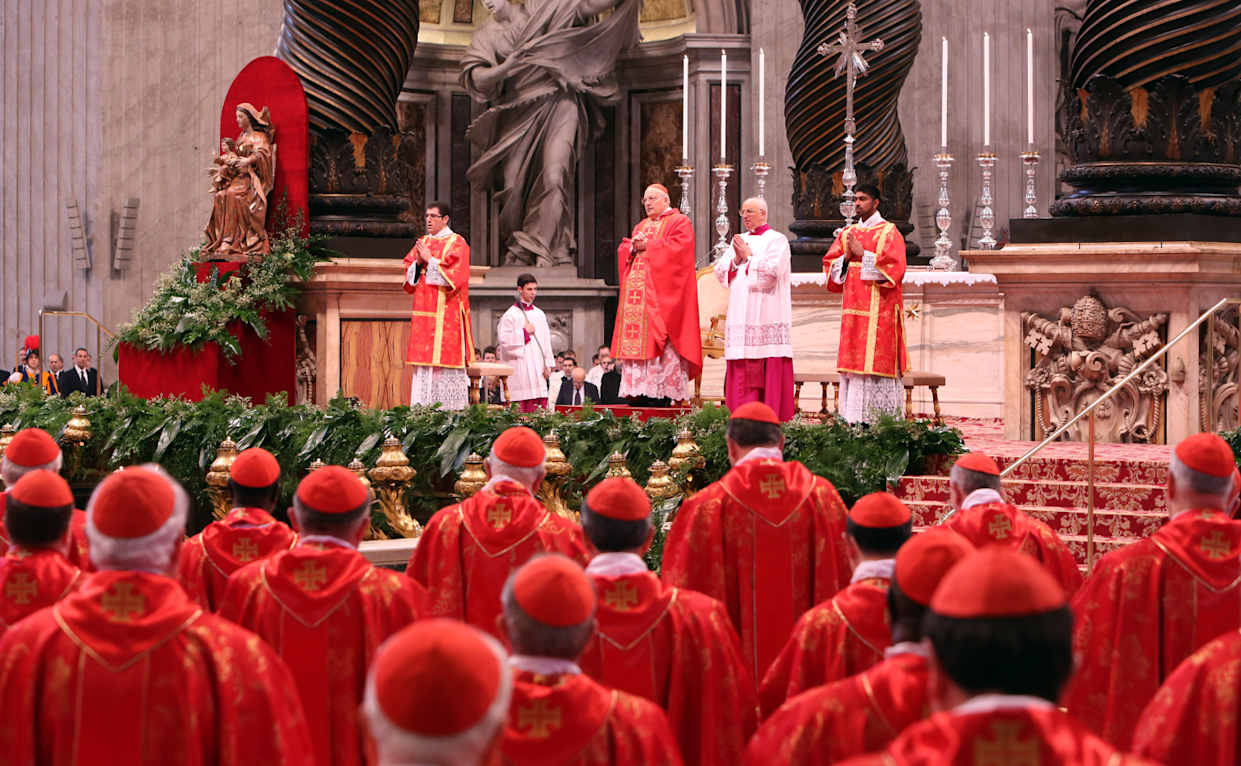WORLD NEWS
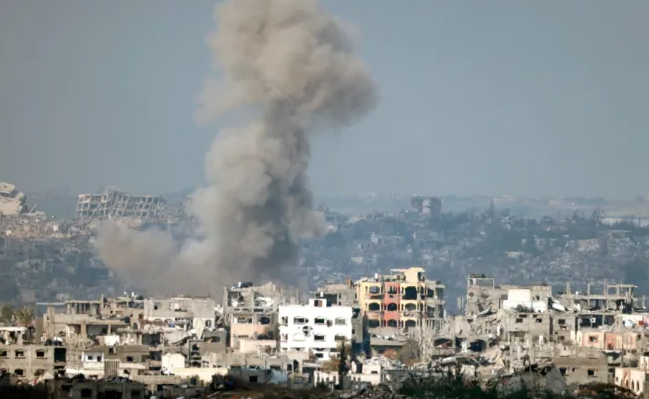
The chief prosecutor of the International Criminal Court (ICC), has strongly defended the court’s decision to issue arrest warrants for Israeli Prime Minister Benjamin Netanyahu and former Defense Minister Yoav Gallant. The warrants were issued last November, accusing them of involvement in war crimes and crimes against humanity during Israel’s military operations in Gaza.
In a recent interview with Reuters, Khan stated that the ICC had not observed any “real effort” by Israel to investigate these serious allegations, highlighting the failure of the Israeli legal system to take action that would meet the established standards of international law. He expressed hope that this situation would change, but stressed that, to date, Israel’s inaction has left the ICC with little choice but to pursue these charges.
Khan explained that had Israel conducted its own investigation into the alleged war crimes, the case could have been returned to Israeli courts, in accordance with the principle of complementarity, which allows domestic legal systems to take precedence. However, given Israel’s refusal to probe the allegations, the ICC felt it had to intervene.
Despite Israel’s rejection of the ICC’s jurisdiction, Khan reiterated that the country could still demonstrate its commitment to investigating the claims, even after the arrest warrants were issued. Israel, however, has repeatedly dismissed the ICC’s authority, denying any war crimes occurred during its military actions in Gaza.
The United States, Israel’s strongest ally, also does not recognize the ICC’s jurisdiction. Last week, the US Congress voted to sanction the ICC in protest of the arrest warrants for Netanyahu and Gallant. Khan responded to these sanctions, calling them “unwanted and unwelcome,” emphasizing that the ICC’s mission was to uphold international justice and accountability, regardless of political pressures.
Khan also pointed out that Israel has a robust legal system but had failed to utilize its resources effectively in addressing allegations of misconduct in the occupied Palestinian territories. He noted that Israel’s judges, prosecutors, and legal instruments were not being used to properly scrutinize the evidence of war crimes presented to the ICC.
Khan’s statements came amid the ongoing political developments in Israel, where Netanyahu faced significant internal pressure regarding the country’s military objectives in Gaza. Despite reaching a ceasefire agreement with Hamas after more than 460 days of conflict, Netanyahu’s government was accused of delaying key meetings to finalize the deal, further complicating the situation. Observers, including Mustafa Barghouti, secretary-general of the Palestinian National Initiative, argued that Netanyahu had exhausted all options to delay the ceasefire, but ultimately had no choice but to accept it in order to maintain political stability.
As the political landscape in Israel continues to evolve, the ICC remains steadfast in its pursuit of justice, seeking to hold accountable those responsible for alleged war crimes, regardless of their political stature or the resistance they face from powerful international allies.
